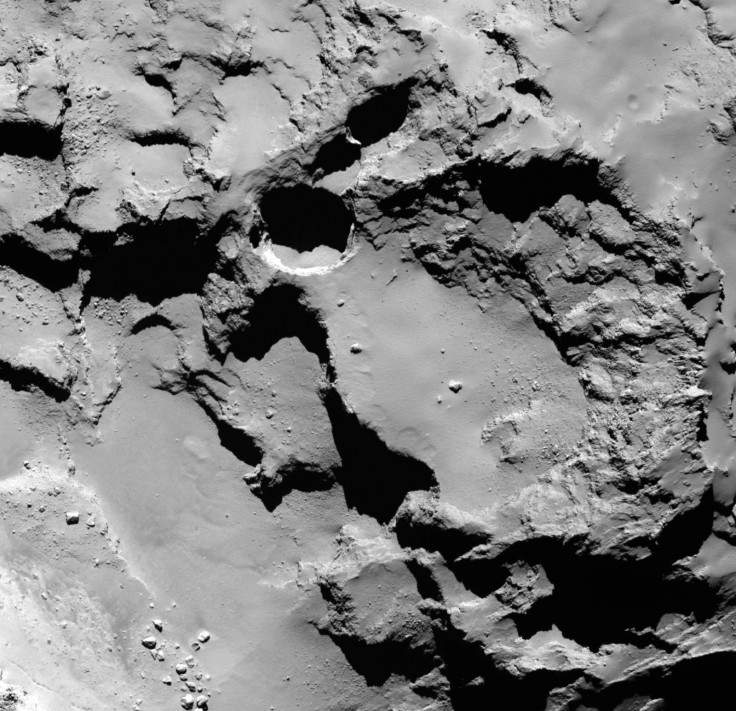Rosetta space probe given final suicide mission
The European space probe will be crashed into a comet next week.
Europe's Rosetta space probe will be given its final mission last week when it will collide with a comet speeding towards the solar system.
"Suicide software" will be uploaded to the probe's computers which will send it to send it crashing into Comet 67P/ Churyumov-Gerasimenko at about 12.20pm on Friday, 30 September.
The probe will document its own death mission as it sends close-ups of the comet's surface back toEarth before impact.
"The comet is already about 650 million kilometres from Earth and will carry Rosetta beyond Jupiter," said Professor Mark McCaughrean, senior science adviser at the European Space Agency (ESA). "It has done some amazing science, but this is the end of its mission."
Comets are composed of dust and frozen volatile chemicals, including water and ammonia.
Scientists have historically been fascinated by comets as they give a frozen snapshot into the chemical composition of the solar system at the time they were formed.
Many scientists believe some comets were formed over 4.6bn years ago, at the inception of the solar system. Others suggest however that this is not possible, saying the early solar system was so full of violent collisions that little could have survived intact. These scientists argue comets formed more recently as rubble and ice clumped together in space as a result of gravity.
One of Rosetta's key missions was to discover which of these theories was more likely by analysing the comet's structure and the gases omitted as it approached the sun. However, the data sent back so far has only further confused the debate.
Comet debate
In one new paper, a team led by Bjorn Davidsson, of Nasa's Jet Propulsion Laboratory said: "We think comets grew gently, surviving essentially undamaged for 4.6bn years."
However, Willy Benz, professor of physics at Bern University, Switzerland, said: "Such a structure is unlikely to have survived for 4.5bn years – the neck is too fragile.
"Current models show that such a structure would not have survived the collisions since the early days of the solar system."
Rosetta has also sparked debate as to the origins of Earth's water supply.
The searing temperatures of early Earth mean its water must have appeared after its surface cooled – and comets were originally thought to have been the source. However, Rosetta proved that comets such as 67P could not have been responsible.
Such debates are likely to continue for years as Rosetta's data is processed.

© Copyright IBTimes 2025. All rights reserved.






















